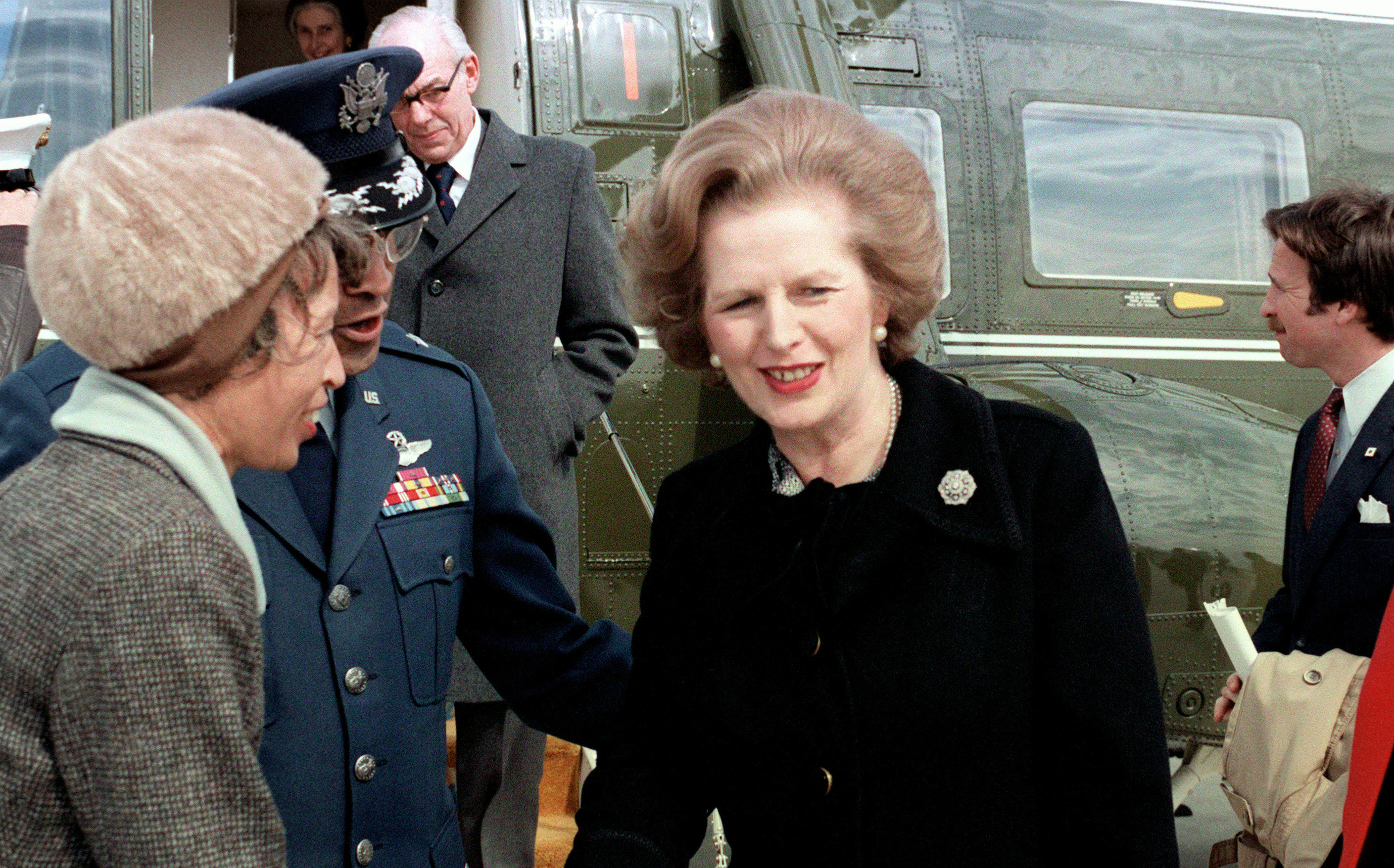(102 年特種考試地方政府公務人員考試試題)
“Iron Lady” is what the Soviet press had dubbed Margaret Thatcher unflatteringly, but she embraced it, and she was known as the Iron Lady to the very end by her legions of admirers and detractors alike for her steely spine and her unshakable convictions. She won three elections and she was the longest-serving British prime minister of modern times. Margaret Thatcher famously broke the coal miners’ union, stood up against striker violence for months until she won. She delivered tough medicine to an economy wracked by inflation and industrial decline. She was lionized for surviving an IRA bomb, but vilified for her hardline stance, allowing IRA* hunger strikers like Bobby Sands to die. She went to war to retake the Falkland Islands from Argentina in 1982, and in 1990, she joined President Bush in the war to drive Saddam Hussein out of Kuwait, the first Gulf War.
(*IRA: Irish Republican Army)
「鐵娘子」是蘇聯媒體對英國首相柴契爾(Margaret Thatcher)的謔稱,但她欣然接受。她堅毅的風骨與堅定的信念,為支持者與反對者所熟知,「鐵娘子」的封號,可謂名實相符。柴契爾一共贏得了三次選舉,成為英國近代歷史上任期最久的首相。她廢除煤礦工會,引發的罷工持續數月,直至柴氏贏得大選。柴氏為英國經濟開的特效藥,讓英國社會挺過通貨膨脹與工業衰退的陣痛期。她因躲過愛爾蘭共和軍(IRA)的炸彈攻擊而受到景仰,但其對 IRA 展現的強硬立場招致罵名,也釀成了絕食抗議者桑茲(Bobby Sands)死亡的憾事。1982 年,柴氏向阿根廷發動戰爭,欲取回福克蘭群島;1990 年,柴契爾更加入了美國總統老布希為使海珊(Saddam Hussein)退出科威特所發動的戰事,即第一次波灣戰爭。
(Courtesy: Wikimedia Commons)



留言
張貼留言